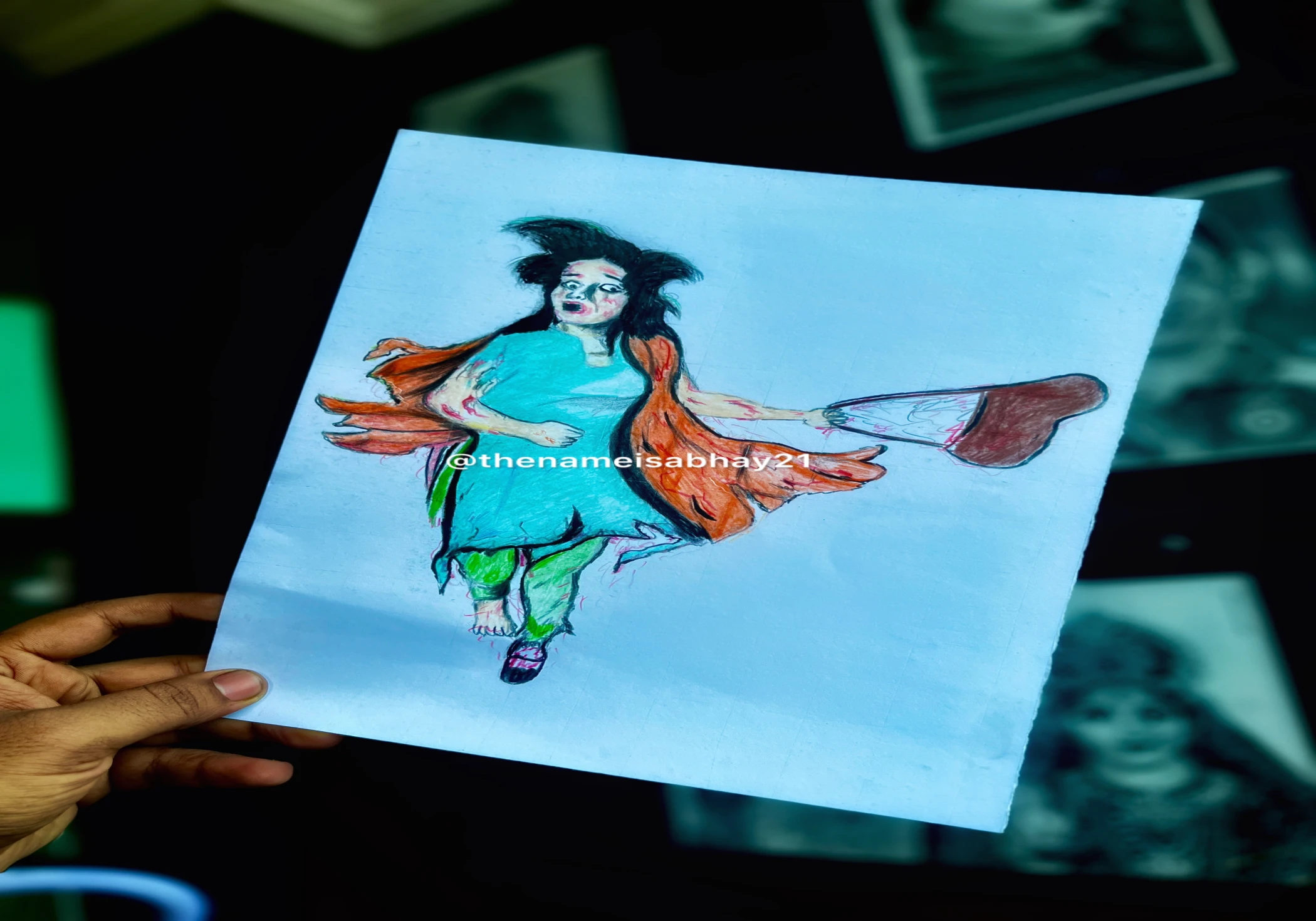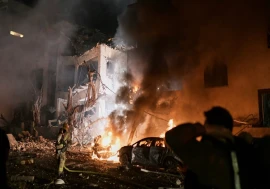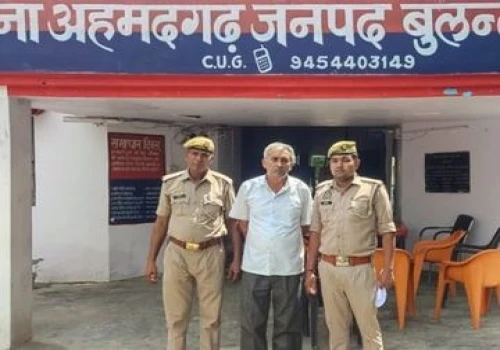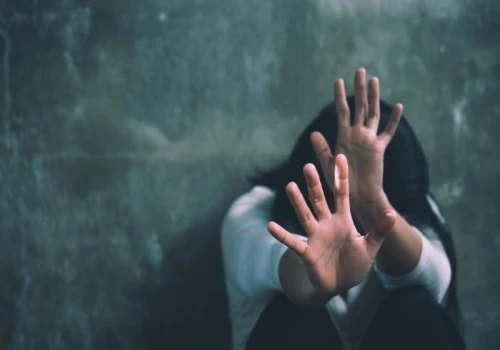
Independence Day is an occasion to contemplate not just the accomplishments of the country, but also the persistent difficulties that afflict society. The rising occurrences of sexual violence against women emphasize the necessity for a more thorough analysis of theprinciples we cherish and the type of country we aim to construct.
The Bleak Data:
Official statistics indicate a worrisome 4% surge in crimes targeting women in 2022, with rape and assault accounting for more than 20% of these occurrences.
Notwithstanding legal reforms and heightened awareness, the incidence of recorded rape cases in India has exhibited a disconcerting increasing trajectory. As per the National Crime Records Bureau (NCRB), a significant number of rape incidents are recorded annually, while a larger number remain unreported due to societal stigma, fear, and lack of assistance. The statistics serve as a clear and striking reminder of the widespread occurrence of sexual violence in the nation, impacting women across various age groups, backgrounds, and geographical areas.
An issue deeply ingrained in the fabric of society:
The surge in incidents of rape is not solely a matter of law enforcement or policing; it is fundamentally connected to society attitudes, gender disparity, and patriarchal conventions. Girls are frequently socialized from an early age to adopt a subservient attitude and to perceive certain acts as being within the bounds of normalcy. This mentality, along with a deficiency in knowledge regarding consent and reverence for women, sustains a society in which sexual violence is accepted as the usual or disregarded.
Issues in the Judicial System:
An important obstacle in tackling the increase in rape cases is the lack of effectiveness and lack of empathy within the court system. Victims frequently encounter protracted legal disputes, societal condemnation, and insufficient assistance from law enforcement agencies. The apprehension of retaliation and the social disapproval associated with sexual assault additionally dissuade victims from reporting their experiences. Despite the reporting of cases, the rate at which perpetrators are convicted remains low, which implies that they can act without fear of punishment.
The Role of Society:
Society plays a pivotal influence in either perpetuating or opposing the increase in incidents of rape. Regrettably, victim-blaming remains widespread, with a tendency to emphasize the victim's conduct, attire, or decisions rather than the perpetrator's actions. This detrimental mindset simply works to strengthen the hierarchical structures that enable the persistence of such offenses. There is a pressing requirement for a fundamental change in society attitudes, where the prioritization of respect for women and their autonomy is emphasized.
Government and Legal Reforms:
The government has implemented a range of legislation and measures with the purpose of reducing sexual violence. These include more severe punishments for rapists, the creation of expedited courts, and programs designed to assist in the recovery and reintegration of victims. Nevertheless, the enforcement of these regulations frequently lacks uniformity, and the desired effect is weakened by corruption, inefficiency, and a lack of responsibility.
Progressing Ahead:
On the occasion of Independence Day, it is important to recognize that genuine independence encompasses more than just liberation from foreign domination; it entails the liberty to reside in a community where each person is secure, esteemed, and appreciated. The escalating incidence of sexual assault is a pressing national crisis that demands immediate intervention from all segments of society.
It is crucial to implement educational reforms that prioritize gender equality, promote respect for women, and underline the significance of consent. Law enforcement authorities should get comprehensive training and awareness to effectively and compassionately handle rape cases. Furthermore, it is imperative for society to collectively refrain from victim-blaming and instead focus on bringing abusers accountable.
The eradication of sexual assault is not solely the duty of the government or the court system; rather, it is a shared obligation. As we pay tribute to the selfless acts of those who battled for India's autonomy, let us also pledge to construct a country where every woman is liberated from the apprehension of sexual abuse. India can only be considered really autonomous under those circumstances.






